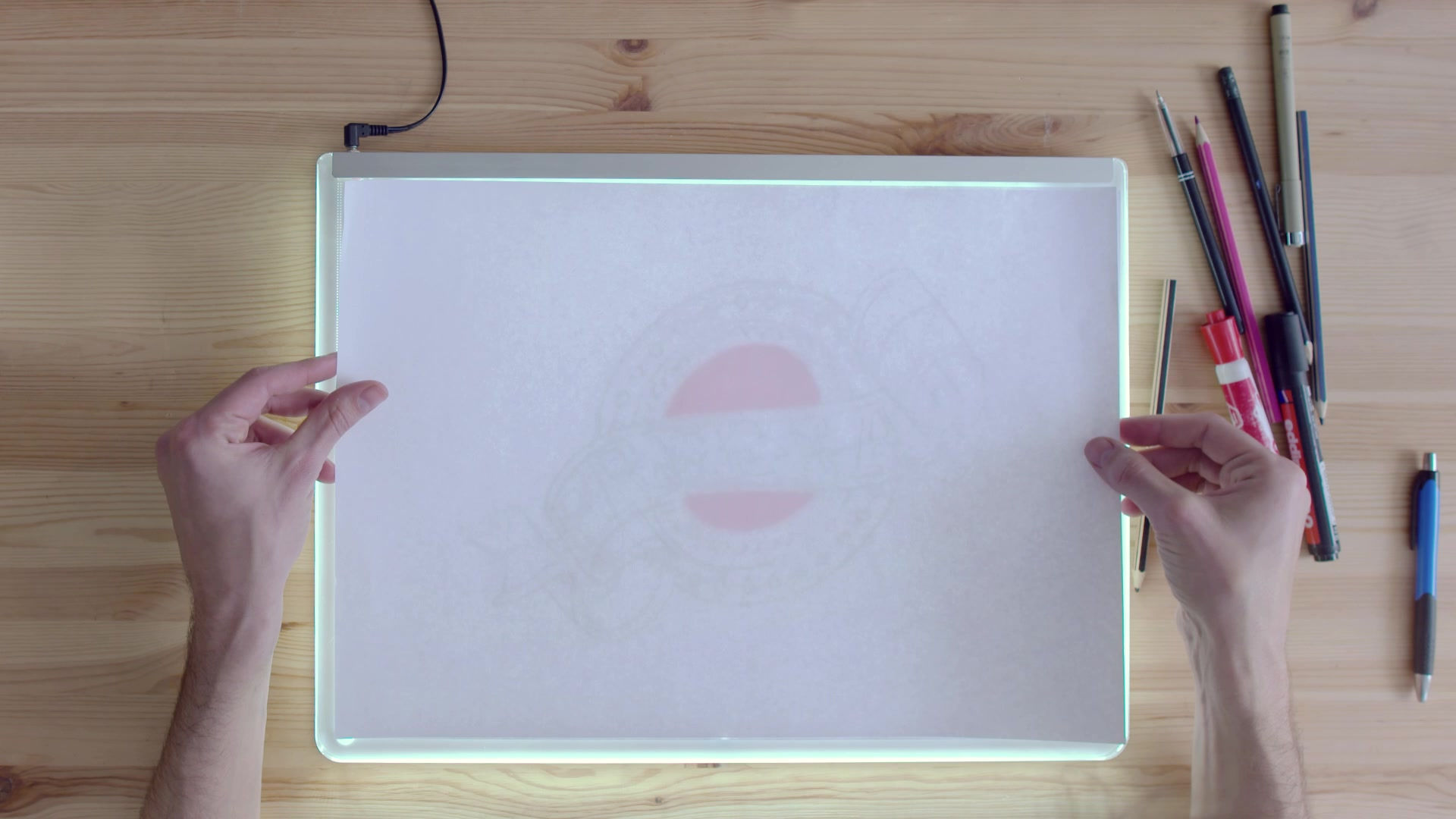
In the intricate dance of parenthood, fathers often find themselves grappling with the complexities of divorce and its aftermath. This article aims to shed light on the challenges faced by men, particularly fathers, as they navigate the delicate balance between their own identity, relationships, and the well-being of their children.
Breaking the Chains of Obsession and Panic
In the tumultuous aftermath of divorce, fathers often find themselves grappling with the fear of losing connection with their children. It's crucial to address this concern head-on, fostering an environment of understanding, acceptance, and growth. This article aims to guide fathers through the challenging process of navigating post-divorce relationships with their children, emphasizing the importance of breaking free from toxic patterns and embracing a new chapter of life.
Acceptance and Moving On: A Parent's Responsibility
Acceptance Over Obsession
It is crucial for fathers to break free from the shackles of obsession. Constant worry about children's opinions can lead to toxic dynamics. Embrace change, understand that children may not grasp the situation immediately, and be confident that they will eventually come to understand and forgive.
The Impact on Children
Divorce is undoubtedly a challenging experience for everyone involved, especially children. Parents play a pivotal role in shaping how these challenges affect their kids. It's imperative for both parties to acknowledge the impact of their decisions on the children and work towards minimizing any negative repercussions.
Shielding Kids from Toxicity
Children are innocent bystanders in adult conflicts. Parents must refrain from involving them in toxic or dramatic situations. This includes refraining from using children as tools or weapons in disputes. Shielding kids from such negativity is crucial for their well-being and ensures they can grow up in a healthy, nurturing environment.
Respecting Boundaries
Both parents need to establish clear boundaries and respect each other's space. Using children as bargaining chips or pressuring them to take sides only perpetuates animosity. Respect for each other's roles as parents and mutual understanding pave the way for a smoother transition into co-parenting.
Fatherhood After Divorce: Building Bridges, Not Barriers
Support for Fathers
Divorced fathers often grapple with feelings of inadequacy and loss. It's vital for them to seek support from friends, family, and even professional counsellors. Surrounding yourself with positive influences is the first step towards rebuilding confidence and embracing your new role as a single father.
Dealing with Deafness Stigma
Deaf fathers face unique challenges, including the unfounded assumption that their Deafness hinders their ability to parent effectively. The key is to debunk these stereotypes, asserting that being a Deaf father does not diminish the love, guidance, and support one can provide to their children.
Avoiding Control Dynamics
Being a Deaf father adds an additional layer of complexity. It's essential not to let children control decisions solely based on hearing impairments. Stand firm, communicate openly, and ensure that decisions about schedules and parental involvement are a joint effort.
Empowering Choices
It's essential for fathers to break free from the shackles of obsession and undue pressure. The fear of losing children's affection should not dictate one's choices. Empowerment comes from making decisions that prioritize personal growth, happiness, and the overall well-being of the family.
Freedom for Children's Choices
Parents, especially fathers, should refrain from pressuring children to choose sides. Encourage open communication, letting children decide when and how they want to spend time with each parent. This autonomy fosters a sense of independence and reduces the likelihood of strained relationships.
Embracing a New Chapter: Freedom and True Love
Letting Go of the Past
Fathers must break free to undermine a father's autonomy. It's crucial to resist succumbing to fear and stand up against attempts to manipulate or control one's life. Remember, it is unfair to sacrifice personal happiness and identity for the sake of an unhealthy past relationship.
The past should serve as a lesson, not a prison. Fathers need to release the burden of guilt, resentment, or the fear of losing their children's love. Acceptance of the divorce and the willingness to move forward pave the way for a brighter, happier future.
Finding Happiness Within
Identifying one's true self is a transformative journey. Fathers should focus on personal growth, pursuing hobbies, and fostering a positive mindset. True happiness comes from within, and it radiates outward, positively influencing relationships with children and potential partners.
Building New Connections
A divorced father should not shy away from the prospect of new relationships. Embracing true love in a supportive and understanding partner can create a harmonious family environment. The acceptance of a new woman in one's life can strengthen family bonds and enrich the lives of all involved.
Conclusion: A Future Filled with Love and Acceptance
The journey of a father post-divorce is challenging but full of potential for growth and happiness. By breaking free from obsession, embracing change, and focusing on personal development, fathers can redefine their identity and create a positive environment for their children. It's time to let go of the past, move forward, and build a future that is not only brighter for fathers but also enriching for the entire family. After all, happiness is not found in the echoes of the past but in the possibilities of the future.
In conclusion, navigating fatherhood after divorce demands courage, self-reflection, and a commitment to positive change. Fathers must rise above obsession, embrace their identities, and build healthy relationships with their children. Remember, the journey may be challenging, but the destination is a future filled with love, acceptance, and the happiness every family deserves.























































Comments